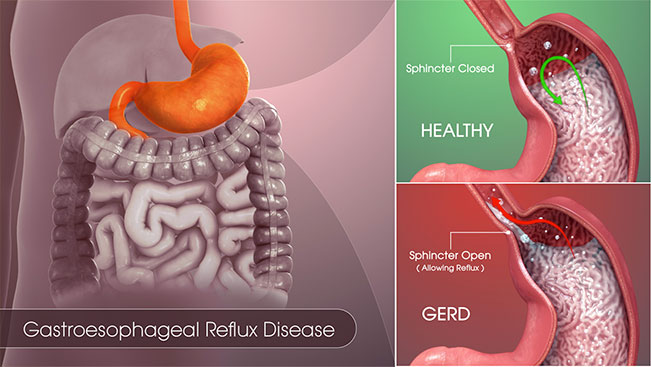
Everybody knows how incredibly uncomfortable the body can make you feel sometimes. It can sometimes make you feel pain and distress, and one of the most common discomforting things that can happen to you is heartburn. It’s a pain that brings a burning sensation behind your breastbone.
It’s coming from your stomach and moves through your oesophagus, also known as the food pipe. Some of the stomach’s contents travel up and down and cause unpleasant burning. This may be a normal thing once or twice a week but anything more than that should be checked by the doctor. This condition is called GERD or gastroesophageal reflux disease and many people have a hard time with it.
What are the Symptoms?
Most people manage to prevent and handle this condition with the proper lifestyle and diet changes, but many of them turn to herbal remedies and buy a wide range of heartburn medicine for relief. There are a few main symptoms you’ll have that will point out you have heartburn and in need of one of these solutions.
You’ll feel a burning sensation from your stomach to your mouth and feel a sour taste in your mouth which is caused by the stomach acid. You can also recognise heartburn by regular coughs or hiccups and bad breath. You may also have a hoarse voice and feel sick and bloated very often. This pain and discomfort will get worse when you lay down or bend over because the stomach acid will move faster, especially after you’ve eaten.
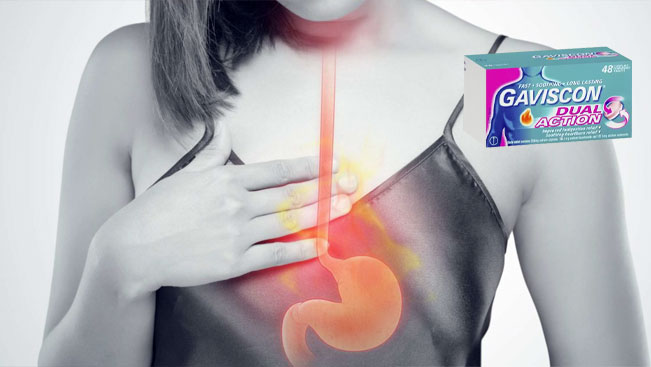
What Causes Heartburn?
Your stomach and oesophagus work in harmony as a timed machine. They have to work together in order to get the food from your mouth to the stomach. As you swallow, the contents slide down your oesophagus, and enter the stomach through a type of valve at the end of it, called the oesophageal sphincter. This is a muscle that relaxes to get food to the stomach.
This valve closes up when the food passes through so it keeps it down. In some cases, this valve doesn’t work and it’s not tightening the muscles as it should. That’s why stomach reflux happens. It’s known that certain foods and an unhealthy lifestyle can cause heartburn. Some of the foods you should be careful about are:
- Citrus fruits;
- Onions;
- Tomatoes;
- Coffee;
- Chocolate;
- Peppermint;
- Cheese.
Pregnancy can also increase the chances of having heartburn. Some medications such as ibuprofen and other anti-inflammatory painkillers can cause this condition and the hiatus hernia is also a probable reason. Sometimes even being overweight can be a trigger together with smoking and a lot of stress and anxiety. Another important factor is the amount of food you eat and how fast you consume it.
If you chew it slowly and sufficiently you won’t have issues. But if you swallow big pieces of food that aren’t chewed properly, you’ll get heartburn at some point of the day. Also, avoid eating close to bedtime. Let your last meal be 3-4 hours before you go to sleep, so the stomach can have enough time to process and digest the food.
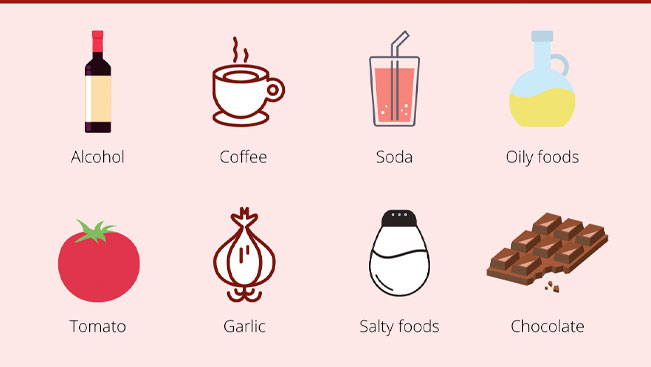
What are the Triggers?
- Unhealthy lifestyle;
- Eating habits;
- Spices;
- Onions;
- High-fat food;
- Tomatoes and tomato-based products;
- Alcohol;
- Citruses;
- Carbonated beverages;
- Coffee;
- Overweight;
- Cigarettes;
- High-stress levels;
- Wearing tight belts and clothes;
- Laying down after a meal.
How to Treat Heartburn?
Medication
If you’ve tried all of the homemade and herbal remedies and none of them works for you, you can now turn to the scientific approach, medication. There are several OTC (over-the-counter) and prescription medicines that can help in your situation. If you’re not sure what type of heartburn relief medicine you should get, ask your doctor or pharmacist and they’ll guide you to the best possible solution. There are several different types of medications:
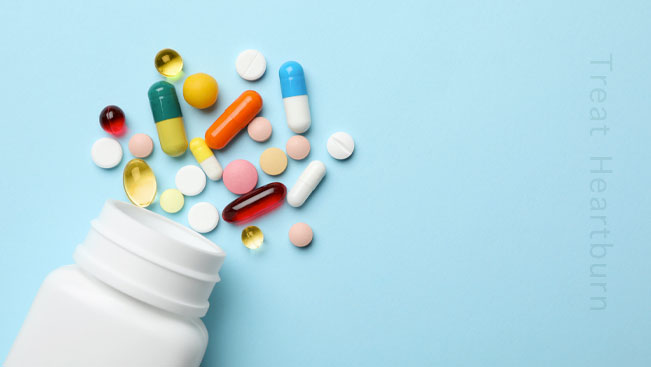
Antacids
These are for the occasional reflux, not if you have everyday problems with your stomach. They contain magnesium or calcium carbonate. Some of them will prevent stomach acid reflux and some work on blocking the acid. Antacids work fast and you can find them in liquid form or as tablets.
If you have chronic kidney disease you should avoid taking them because they can contain a lot of salt. Some of them can even cause diarrhoea or constipation so look for antacids that contain calcium, magnesium and aluminium hydroxide to prevent these side effects.
H2 Blockers
These blockers work on reducing the amount of acid your stomach produces. Their effect will last longer and you shouldn’t use them for more than two weeks. The best time to take H2 blockers is before bedtime and before your meal. If one dosage doesn’t help you can go up for one more but always consult with your doctor about this before doing it on your own.
If you drink any kind of antiseizure medicine, blood thinners or something for regulating your heart rhythm, avoid these blockers. Some of the side effects are headache, constipation, diarrhoea, and nausea.
Proton-Pump Inhibitors
PPIs are for more frequent heartburns (more than two times a week). They also lower the amount of acid in your stomach and you can take them for more than two weeks. The OTC types are usually not so strong, so if you keep on struggling visit your doctor so they can prescribe another type of PPI. They work best on an empty stomach, 30-60 minutes before breakfast.
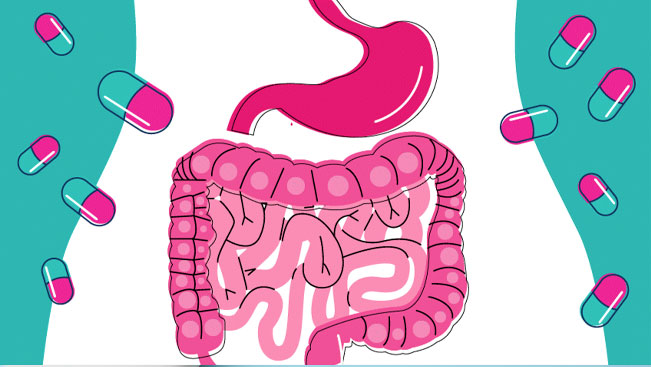
Prokinetics
This is a specific type of medication because it only goes as prescription heartburn medicine. It works by emptying your stomach faster. This way you’ll have less acid left behind. It’s recommended that you take it before a meal or just before bedtime. Prokinetics have some more serious side effects than the rest of the medications and those include anxiety, diarrhoea, depression, fatigue, drowsiness, nausea, irritability and slight movement problems which requires more caution.
Homemade Remedies
Sometimes something as simple as chewing gum or some baking soda can help you relieve heartburn symptoms. You can mix 1 tablespoon of baking soda in water and drink it slowly. Liquorice supplements can also help you. You can also mix 1 tablespoon of apple cider vinegar in 250ml of water and consume it after the meal.
There is research that proves how chewing gum half an hour after a meal will help you prevent heartburn. Adding ginger to your diet will also help because it has amazing healing properties. Some other things you can try are:
- Eat a ripe banana;
- Keep a food journal;
- Don’t eat fast or overeat;
- Avoid late meals;
- Don’t slouch.
























